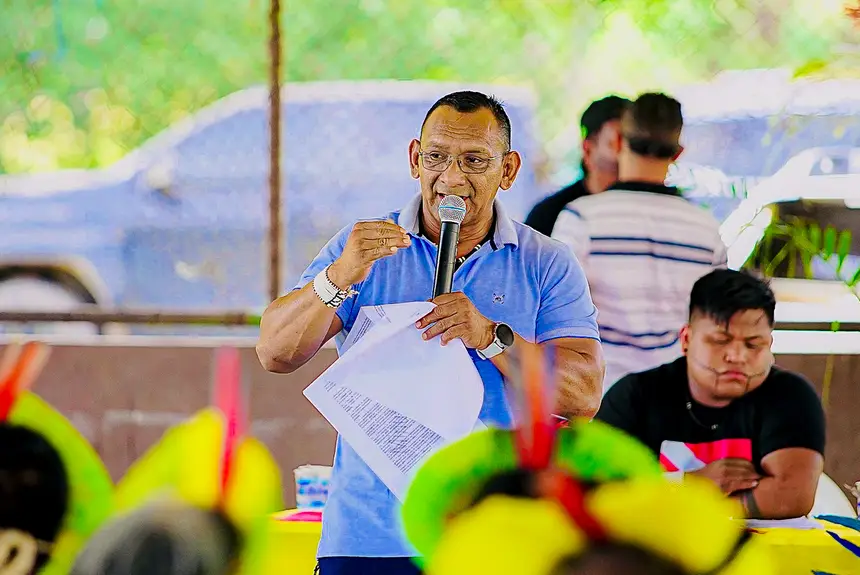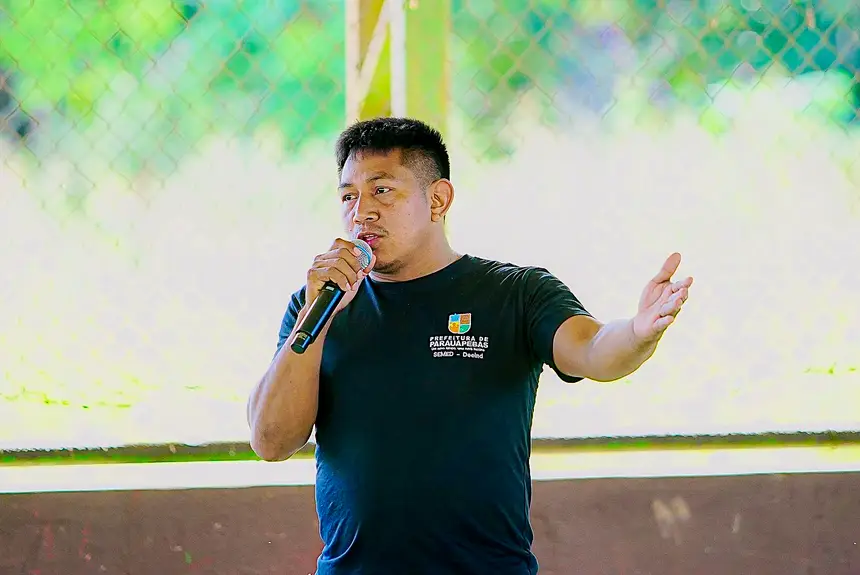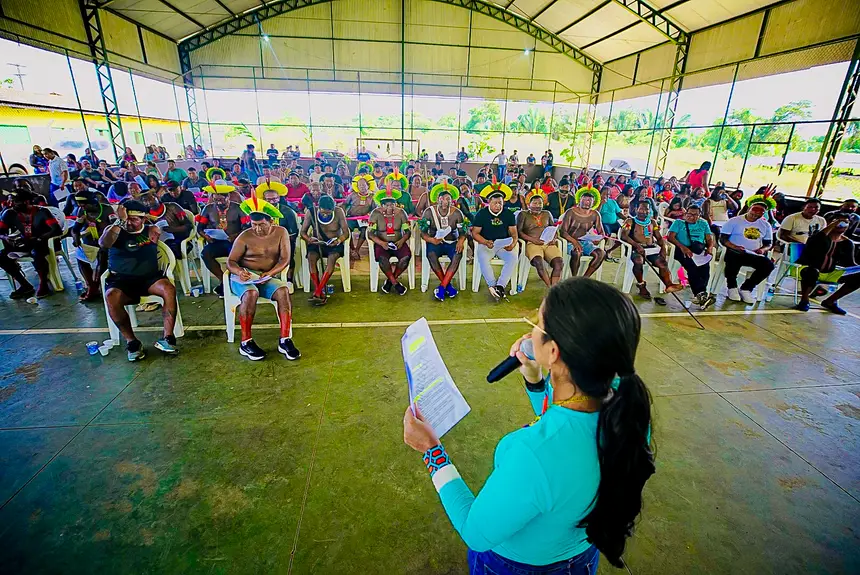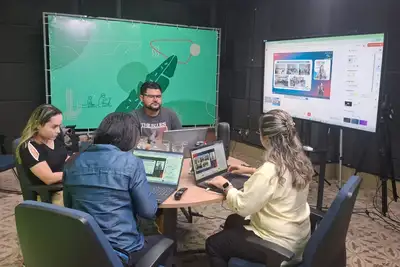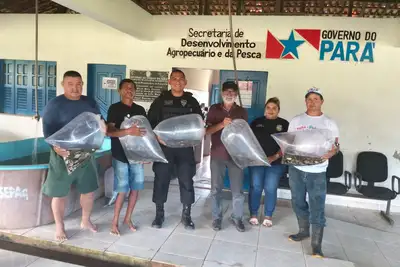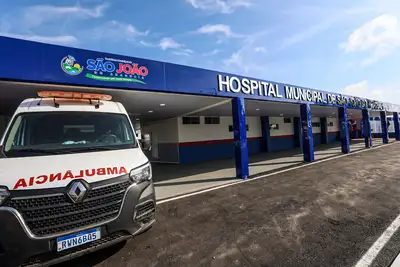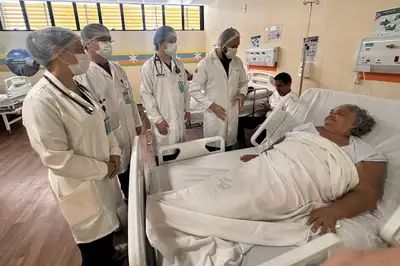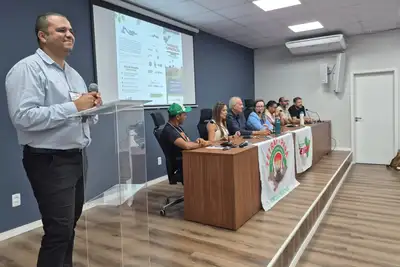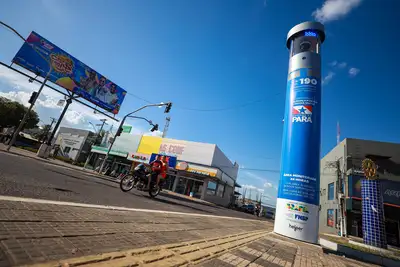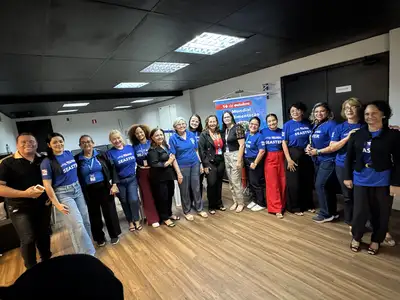Preliminary Consultation in Parauapebas strengthens the construction of the Indigenous School Education Law in Pará
State Government initiative ensures active listening to communities and promotes specific educational policy for indigenous peoples
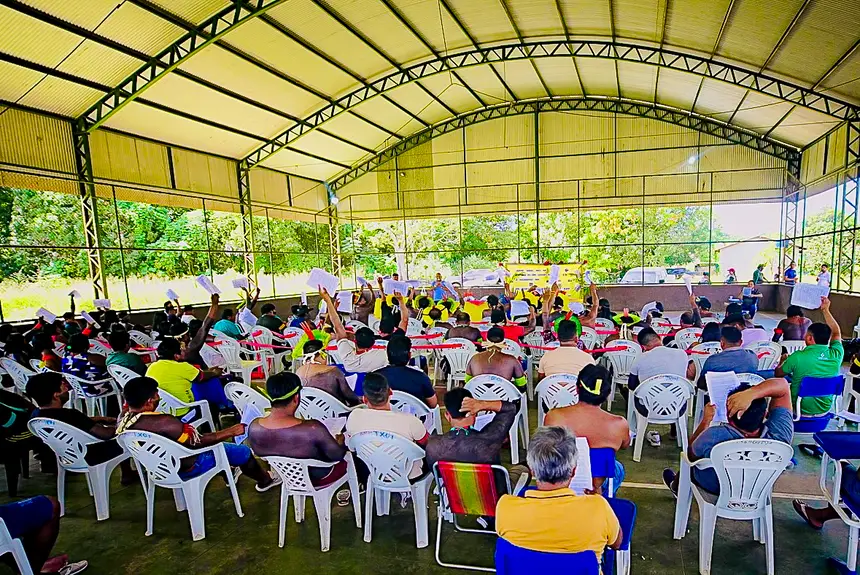
The Government of Pará, through the State Secretariat for Indigenous Peoples (Sepi), held this Tuesday (20), in the Xikrin do Cateté Indigenous Land, in the municipality of Parauapebas, the 13th Preliminary, Free and Informed Consultation on the draft of the Indigenous School Education Law of Pará. The action brought together leaders, educators, youth, and representatives of the Xikrin ethnicity, aiming to hear fundamental contributions for the consolidation of an educational policy that respects the realities, identities, and specificities of indigenous peoples.
“The consultation is a historic milestone for us, indigenous peoples of the State of Pará. It will bring many benefits to educators, teachers, and our communities,” highlighted leader Xawãn Xikrin.
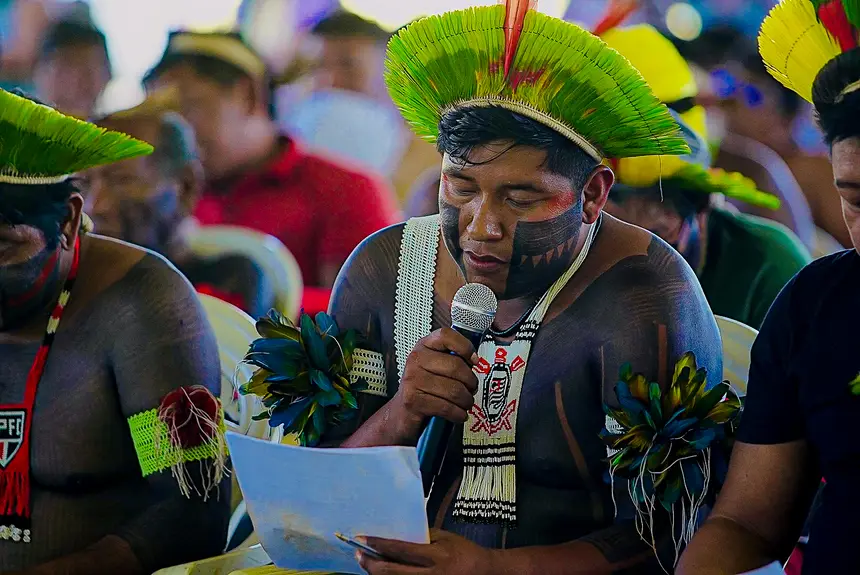
The proposal for the Law is being constructed through a Working Group (GT) established by Decree No. 4,430/2025, which developed the draft in dialogue with indigenous peoples and promotes consultations in the ethnoregions of the state.
The process has the support of partner institutions such as the Federation of Indigenous Peoples of the State of Pará (Fepipa), the State Attorney General's Office (PGE), the Ministry of Indigenous Peoples (MPI), the State Department of Education (Seduc), the State University of Pará (Uepa), and the Public Ministry of the State of Pará (MPPA).
Present at the event, the representative of the Ministry of Indigenous Peoples, Edilson Baniwa, reinforced the importance of active listening. “This 13th consultation carries significant weight, especially for the indigenous peoples of Pará. If approved, this proposal will bring concrete advances for the quality of indigenous school education, which will be structured for the first time in the State in a participatory and specific manner.”
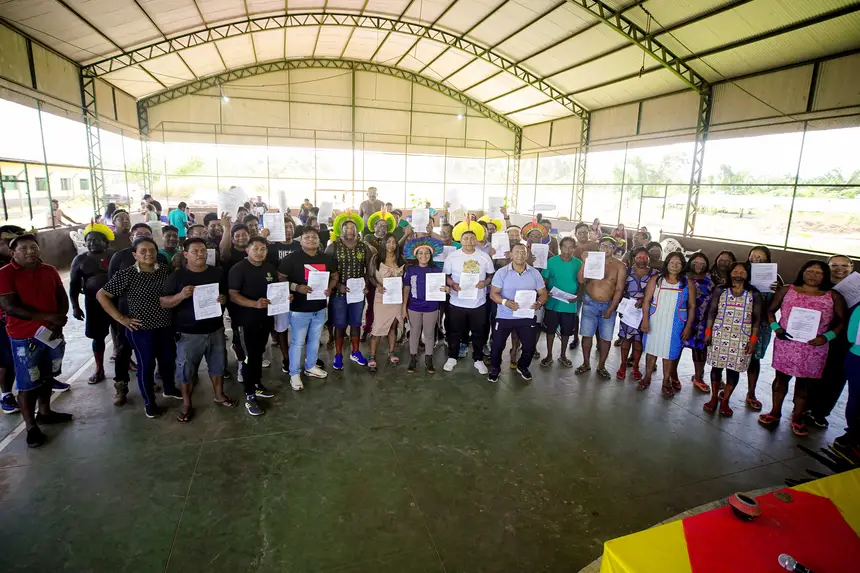
During the listening session, indigenous teachers also expressed themselves, highlighting the protagonism of communities in the process of building the legislation. “We have been working hard to show the community that we have the right, but also the duty to fulfill our role within indigenous school education,” stated Caatop Xikrin, a teacher of the ethnicity.
The next consultations are already confirmed for the municipalities of Bom Jesus do Tocantins and Itupiranga, strengthening the territorialized and participatory listening. After the conclusion of the consultation cycle, the document will be finalized based on the contributions received and forwarded to the Legislative Assembly of the State of Pará (Alepa).
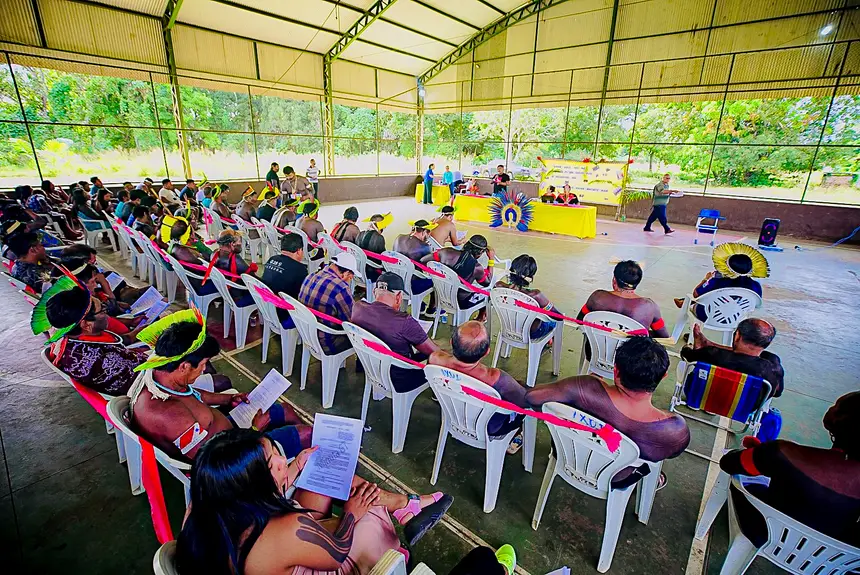
The initiative represents an unprecedented milestone in valuing indigenous identities and in building a specific, differentiated, intercultural, bilingual, and community educational public policy, made with and for the indigenous peoples of Pará.
Text: Wellyngton Coelho



